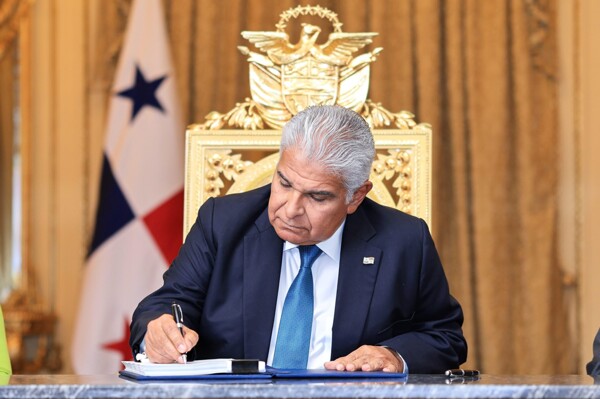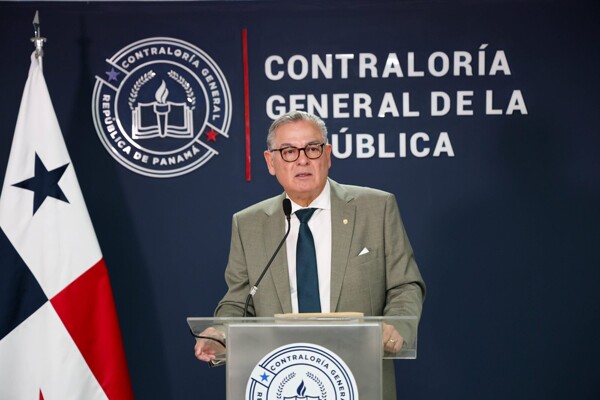
Over the last forty years, corruption by elites in the country has generated an alarming populist reaction. This phenomenon is reflected in the popular saying "Once the consensus is made, the trap is set."
The persistent corruption among Panamanian elites has created growing distrust among the population. The lack of transparency and impunity in corruption cases have fueled a feeling of frustration and discontent in society.
In response to this situation, a populist movement has emerged that seeks to challenge the status quo and demand changes in the way public affairs are managed. This phenomenon reflects the deep gap that exists between political and economic elites and the citizenry.
In the words of an expert on the subject: "The corruption of the elites has undermined the population's trust in institutions and has created a breeding ground for populist movements that promise to eradicate corruption and return power to the people."
Given this scenario, it is crucial to effectively address the problem of corruption and restore trust in institutions. Otherwise, polarization and social fragmentation are likely to continue to rise, weakening the democratic fabric of the country.














